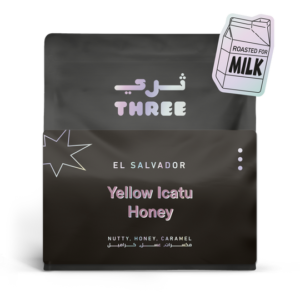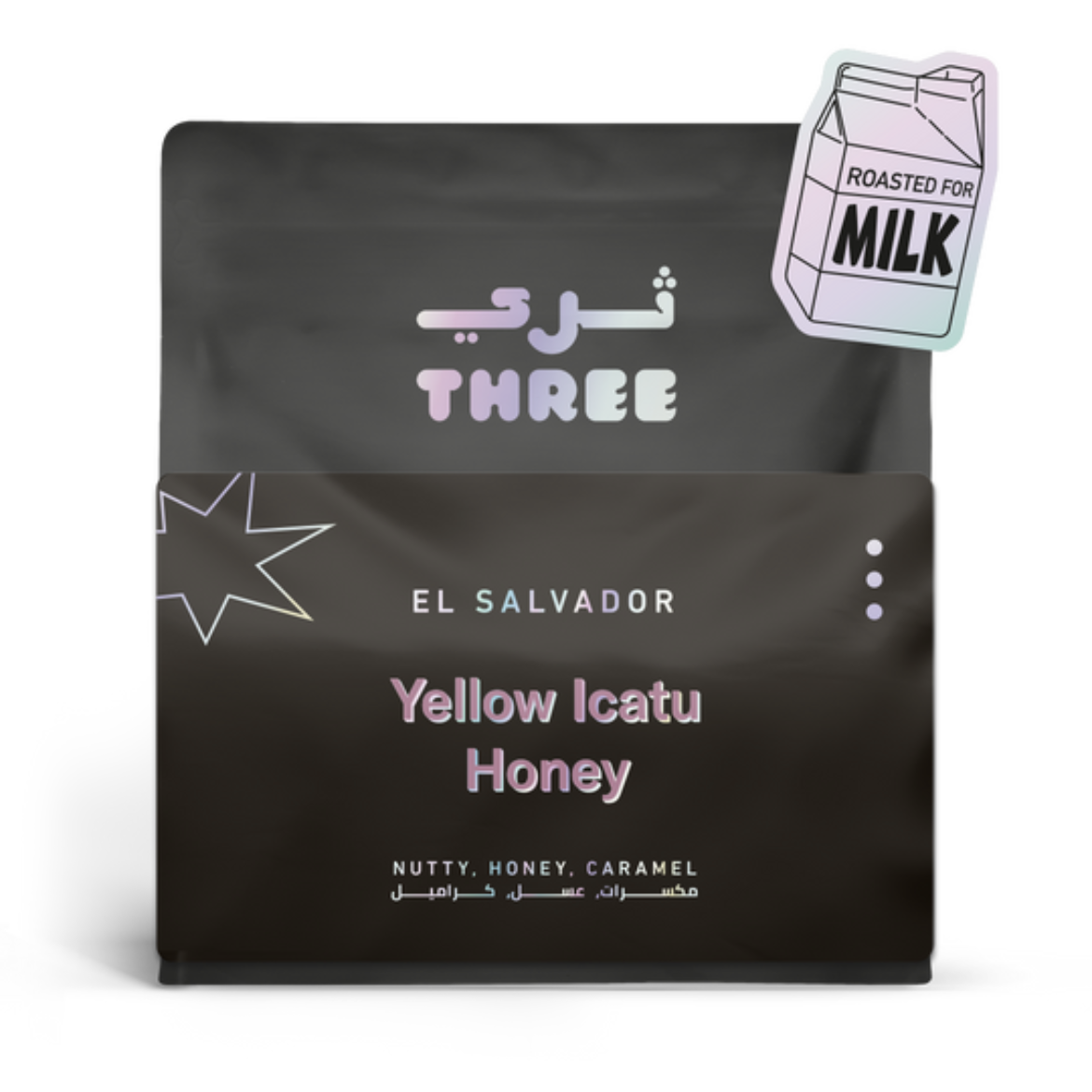You have a bag of what your friend swears is the best espresso beans in Dubai, and it got you thinking: Why spend money at a coffee shop when you can make your own coffee at home?
Why Make Your Own Coffee
Making your own coffee will save you money. It is enjoyable, too.
If you drink two cups of coffee a day, get your daily coffee fix from a coffee shop and pay an average of $2.75 (the U.S. baseline for Starbucks coffee) per cup, Time magazine estimates that you’re spending approximately $2,007.50 on coffee in the course of one year.
In Dubai, it may even be higher. If the average cost is AED 15 (about $4), your yearly coffee cost is AED 10,950 (about $2,920).
Why waste all that money when you can make excellent coffee at home with a good espresso machine and some superb espresso beans?
Save Money by Making Coffee at Home
One estimate pegs the cost of making coffee shop-style coffee at $0.685 per 16-ounce cup. That includes the price of a double shot of espresso, milk, and flavouring syrup. Take away the flavouring syrup, and the cost should be around 0.46 cents per cup or $335.80 per year.
This amount does not include the cost of the espresso machine and additional equipment, but that is a one-time cost anyway. You must certainly account for recurring machine consumables and maintenance costs, but even then, your yearly cost should still be well under $1,000. That’s still a considerable savings of at least $1,007.50 (or $1,920 if you live in Dubai).
Enjoy Making Coffee to Your Taste
Even if money is no object, true-blue coffee aficionados will tell you how pleasurable it can be to make your own coffee. Imagine modifying your recipe or brew method ever so slightly and being rewarded with a significant change in the flavour of your coffee.
When you make your own coffee, you’re free to experiment until you have created the flavour that best suits you.
Make Your Own Espresso
Latte, cappuccino, flat white, and americano are beverages that a typical coffee shop serves. These are espresso-based drinks, and if you’re to sustain your commitment to making coffee at home, you must learn how to make espresso.
You can do this easily with an espresso machine.
Follow the manual that came with your machine as recommended coffee quantities and brewing times tend to vary across different types of espresso machines. That said, you may follow these steps and modify them according to your preferences.
1. Choose and prepare your coffee beans.
Coffee-making is garbage in, garbage out. While technique affects how good your coffee will turn out to be, the quality of the raw ingredient significantly influences turnout.
Make sure to start with excellent coffee. Note that you need finely ground, espresso-roast coffee beans.
To make your life easy, find a trusty coffee retailer in your city. This will simplify your coffee-making process, as you won’t need to rely on less-than-stellar home equipment to roast and grind your coffee beans.
An excellent retailer can become your go-to source of high-quality, correctly ground, perfectly roasted coffee. All you’ll need to do is extract the espresso yourself.
Just order small batches to guarantee freshness.
2. Prepare the right quantity of coffee.
Get as much coffee as you need. If you’re making a single shot of espresso, you’ll need about six to nine grams of ground coffee. A double shot should require about 13-18 g.
3. Fill the portafilter.
Put the correct amount of coffee into the portafilter. Using your finger or palm, swipe the top of the portafilter while gently rotating it to spread the grounds evenly. This will prevent gaps and channels, which can cause uneven extraction.
4. Tamp the coffee.
With one hand, hold the portafilter steady against a flat surface. With the other hand, hold the tamper handle like you would a doorknob, with the base flat on the coffee grounds.
Press down firmly but evenly on the grounds with the tamper. You must use a consistent amount of pressure throughout (around 30 pounds of pressure). Your goal is to compress the coffee grounds evenly.
Once done, inspect the portafilter with the tamper still on it. If the tamper is leaning over to one side, you must tamp the coffee again. You can remove the tamper once it sits straight on top of the tamped coffee grounds.
Next, inspect the coffee puck. It should be smooth, level, and without any cracks or gaps. Use your finger to remove any leftover grounds on the portafilter rim.
5. Purge the group head.
Run the espresso machine without a portafilter for a few seconds. Do this a couple of times to clean the nozzle.
6. Attach the portafilter.
Attach the portafilter onto the group head, and get your espresso shot glass ready (or glasses, if pulling double shots).
7. Get your espresso shot glasses ready.
If you have a weighing scale, put them under the spouts and place the espresso glasses on top. This will help you gauge when you’ve pulled the correct quantity, approximately 30 g for a single shot and 60 g for a double shot.
If you don’t have a weighing scale, it’s okay. Just use a graduated espresso shot glass. That should provide sufficient guidance; you should have 1.5 fluid ounces in one glass.
8. Prepare your timer.
Get your timer ready. You want to time how long it takes to extract your target quantity.
9. Pull your shot.
Run the machine. When you hear the pump turn on, start your timer. Stop brewing and stop your timer when your scale registers the target weight or your espresso shot glass shows you’ve extracted the correct amount of liquid.
Look at your timer. Ideally, it should have taken you about 25 to 30 seconds to extract the correct amount of espresso. If your time was off, adjust your grind size; use a finer grind if the extraction was too fast or a coarser grind if the extraction was too slow.
In any case, calibrate your espresso-making process according to your preferences. For instance, if you have beans that are too dark for your taste, under-extracting them slightly may give you the espresso you like.
Make Your Espresso-Based Drink
Make espresso at home. It’s economical and easy, as long as you have an espresso machine and excellent-quality, finely ground espresso-roast beans. It’s also ideal if you have dietary restrictions or limitations, such as a preference for plant-based milk in your coffee.
Once your espresso is ready, take it on its own or use it to make a latte, cappuccino, americano, or whichever is your favourite coffee shop style, espresso-based beverage.



